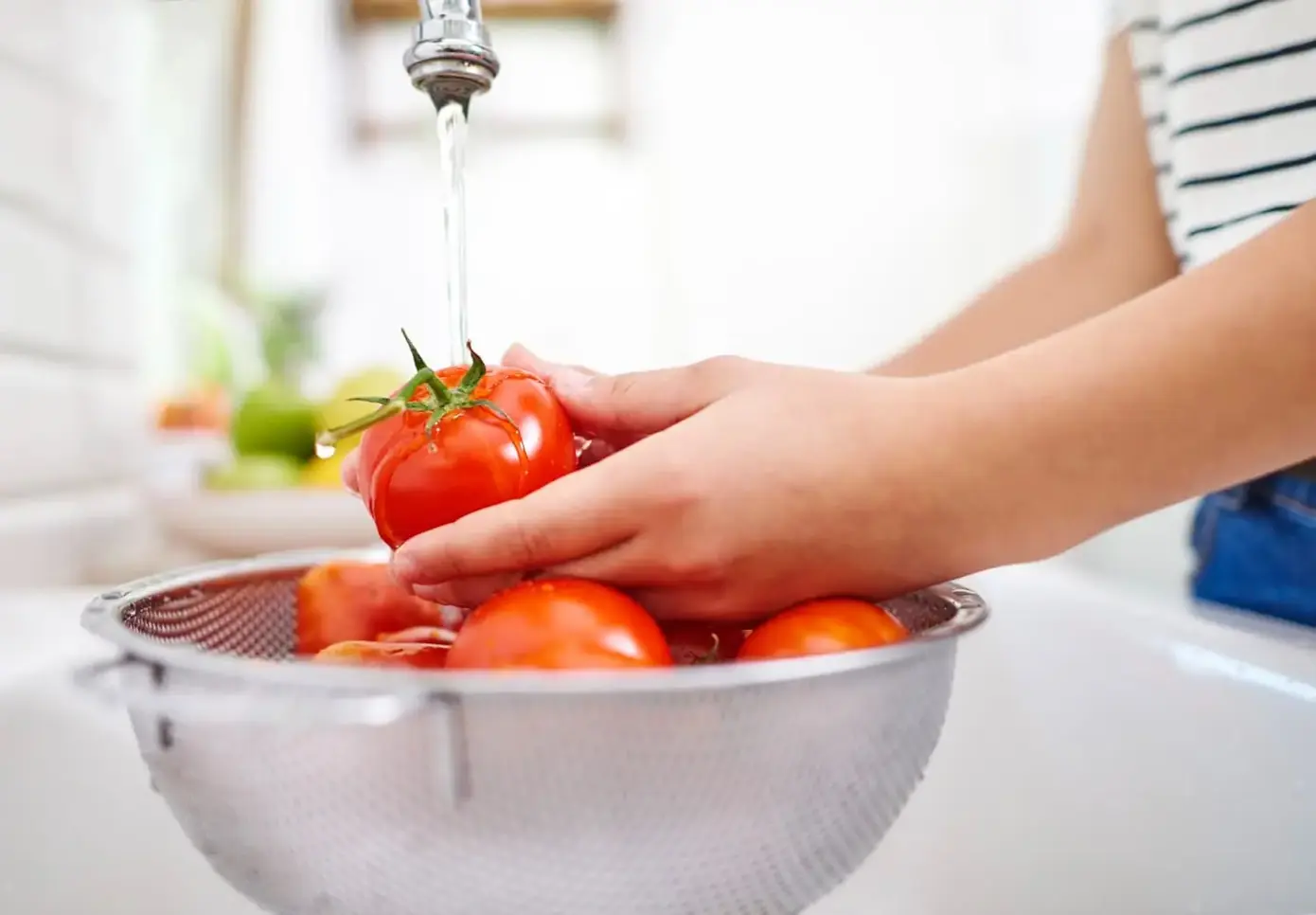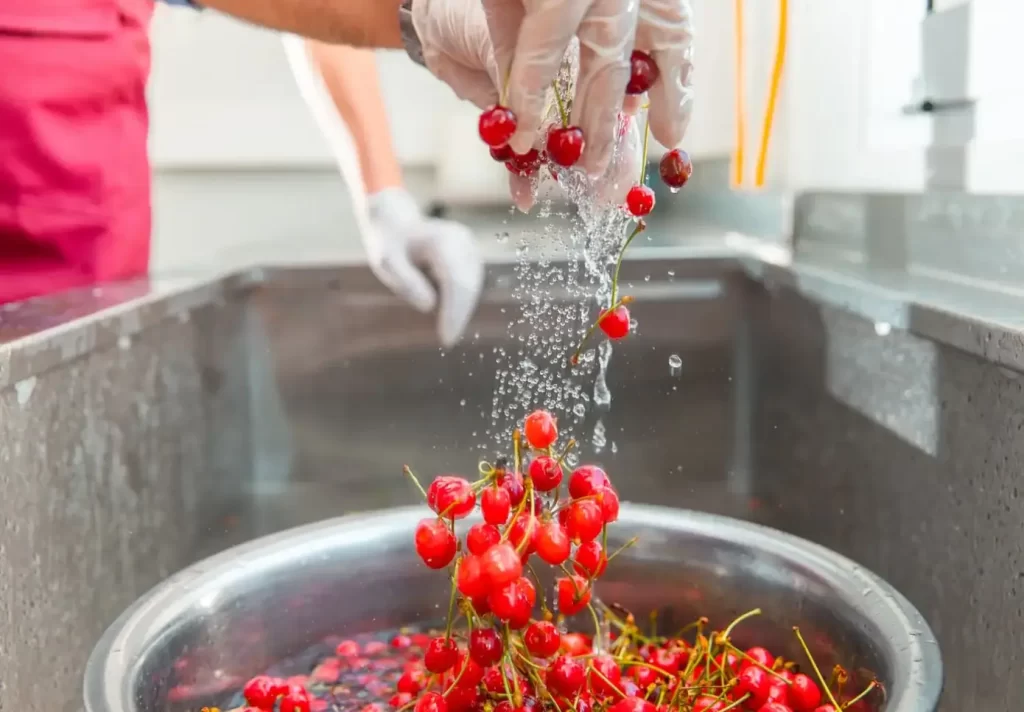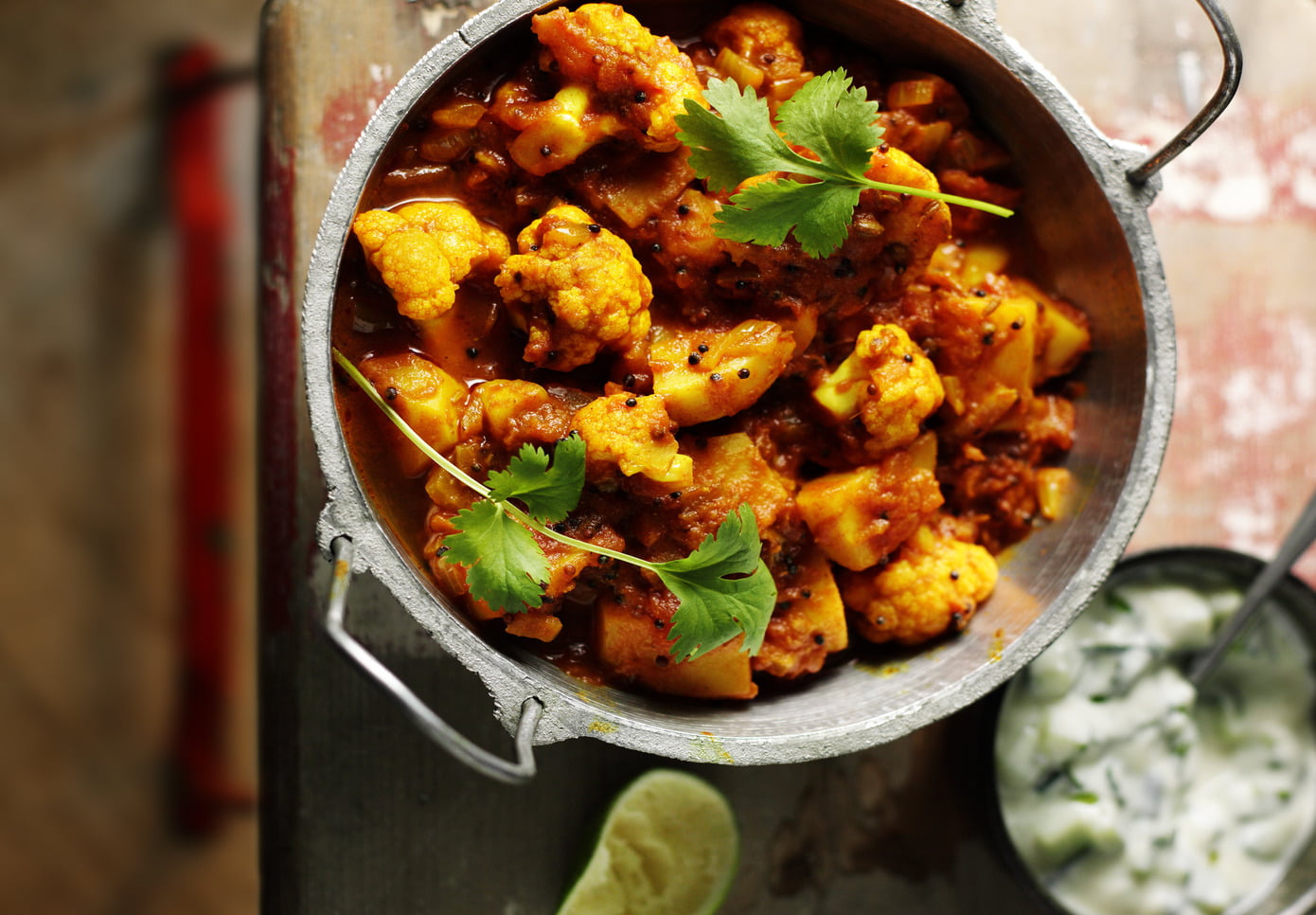If You are Looking For an Article on The Topic of Wash Fruits with Vinegar then your search ends here. In the quest for maintaining a healthy lifestyle, we often prioritize cleanliness and hygiene, especially when it comes to the food we consume. Washing fruits thoroughly is an essential step in food preparation, as it helps remove dirt, pesticides, and other contaminants that may be present on the surface. While water alone is commonly used for this purpose, there is an increasingly popular alternative that can elevate your fruit-washing routine to a new level: vinegar. Yes, vinegar, the versatile kitchen staple, can be your new superhero when it comes to cleaning fruits effectively. In this article, we will explore the benefits and methods of washing fruits with vinegar, ensuring you have all the information you need to make an informed decision about incorporating this practice into your kitchen routine.
Table of Contents

1. Introduction: Wash Fruits with Vinegar
Before delving into the specifics of using vinegar as a fruit cleaner, it is crucial to understand the importance of washing fruits in general. Fruits, although highly nutritious, can harbor various impurities on their surface. These impurities may include dirt, pesticides, waxes, bacteria, and viruses. By washing fruits thoroughly, we can significantly reduce the presence of these contaminants, promoting better food safety and overall well-being.
2. What Makes Vinegar an Effective Cleaner?
Wash Fruits with Vinegar, particularly white vinegar, is a powerful natural cleaning agent. Its effectiveness can be attributed to its acidic properties, specifically acetic acid. This acid acts as a mild disinfectant, making it an excellent option for cleaning fruits. When used appropriately, vinegar can help remove pesticide residues, kill bacteria and viruses, and even extend the shelf life of certain fruits.
3. Benefits of Washing Fruits with Vinegar
– Removing Pesticide Residues
One of the primary concerns when consuming conventionally grown fruits is the presence of pesticide residues. Washing fruits with vinegar has been shown to be effective in reducing these residues, providing peace of mind for those seeking a more natural and pesticide-free diet.
– Killing Bacteria and Viruses
Bacteria and viruses can pose a health risk if ingested. Vinegar’s acidic nature helps kill these microorganisms, reducing the likelihood of foodborne illnesses. This is particularly beneficial for individuals with weakened immune systems or those who are more susceptible to infections.
– Extending Shelf Life
Certain fruits tend to spoil quickly due to the growth of mold and bacteria. By washing them with vinegar, you can inhibit the growth of these microorganisms, effectively extending the shelf life of your fruits and minimizing waste.
4. How to Wash Fruits with Vinegar
– Dilution Ratios and Techniques
To wash fruits with vinegar, you’ll need to dilute it with water. A common ratio is 1 part vinegar to 3 parts water, but this can vary depending on personal preference and the level of contamination. It is essential to note that higher concentrations of vinegar can potentially affect the taste or texture of certain fruits.
– Vinegar Soaking Method
Wash Fruits with Vinegar, In this method, you can prepare a vinegar solution and let the fruits soak in it for about 15 minutes. Afterward, rinse the fruits thoroughly with water to remove any vinegar residue. This method is particularly useful for fruits with firm skins, such as apples, grapes, and citrus fruits.
– Vinegar Spray Method
Wash Fruits with Vinegar, For softer-skinned fruits like berries, a vinegar spray can be more effective. Mix vinegar and water in a spray bottle and lightly spray the mixture onto the fruits. Before rinsing, let it rest for a few minutes. This method helps remove dirt and bacteria while being gentle on delicate fruits.
5. Safety Precautions and Considerations
– Organic vs. Conventional Fruits
While washing fruits with vinegar can help reduce pesticide residues, it is worth noting that organic fruits are generally grown without synthetic pesticides. However, regardless of the fruit’s origin, washing it with vinegar can provide an extra layer of cleanliness and assurance.
– Allergies and Sensitivities
Wash Fruits with Vinegar, Some individuals may be allergic or sensitive to vinegar. It is important to consider any personal allergies or sensitivities before incorporating vinegar into your fruit-washing routine. Discontinue usage and seek medical advice if you have any negative side effects.
6. Frequently Asked Questions
1. Can I use any type of vinegar for washing fruits?
Yes, you can use various types of vinegar, such as white vinegar, apple cider vinegar, or even rice vinegar. However, white vinegar is the most commonly used due to its neutral color and mild scent.
2. How long should I soak the fruits in vinegar?
The recommended soaking time is around 15 minutes. This duration allows the vinegar solution to effectively remove contaminants without affecting the texture or taste of the fruits.
3. Is it safe to consume fruits washed with vinegar directly?
Yes, it is safe to consume fruits washed with vinegar directly after rinsing them thoroughly with water. The vinegar residue left behind after rinsing is typically minimal and poses no harm.
4. Will washing fruits with vinegar affect the taste?
When used in the recommended dilution ratios, vinegar should not significantly affect the taste of most fruits. However, certain delicate fruits may absorb the vinegar flavor, so it is advisable to rinse them thoroughly.
5. Can I wash all types of fruits with vinegar?
Yes, you can wash a wide range of fruits with vinegar. However, some delicate fruits like berries may require the spray method to avoid damaging their texture.
7. Conclusion
Wash Fruits with Vinegar, Incorporating vinegar into your fruit-washing routine can be a game-changer in terms of cleanliness and food safety. By utilizing vinegar’s natural cleaning properties, you can effectively remove pesticide residues, kill bacteria and viruses, and extend the shelf life of your fruits. Remember to dilute the vinegar properly and choose the washing method suitable for the specific fruit. Washing fruits with vinegar is a simple yet powerful step you can take to ensure the fruits you consume are cleaner, safer, and more enjoyable.
8. FAQs
1. How often should I wash fruits with vinegar?
It is recommended to wash fruits with vinegar every time before consuming them. This helps maintain optimal cleanliness and safety.
2. Can I use vinegar to wash vegetables as well?
Yes, vinegar can be used to wash vegetables too. Dilute vinegar with water and follow a similar washing process to ensure clean and safe vegetables.
3. Will vinegar remove wax coatings from fruits?
Vinegar can help remove some wax coatings from fruits, but it may not be entirely effective in all cases. Rubbing the fruit gently after vinegar washing can aid in removing wax residues.
4. What are the other uses of vinegar in the kitchen?
Vinegar has various uses in the kitchen, such as a natural cleaning agent, salad dressing ingredient, and cooking aid. Its versatility makes it a valuable addition to any culinary repertoire.
5. Is it necessary to rinse the fruits after washing with vinegar?
Yes, it is crucial to rinse the fruits thoroughly with water after washing them with vinegar. This ensures the removal of any vinegar residue and prevents an unwanted taste.
Read About: Unbelievable! Huge Melons Will Leave You Speechless Click Here










